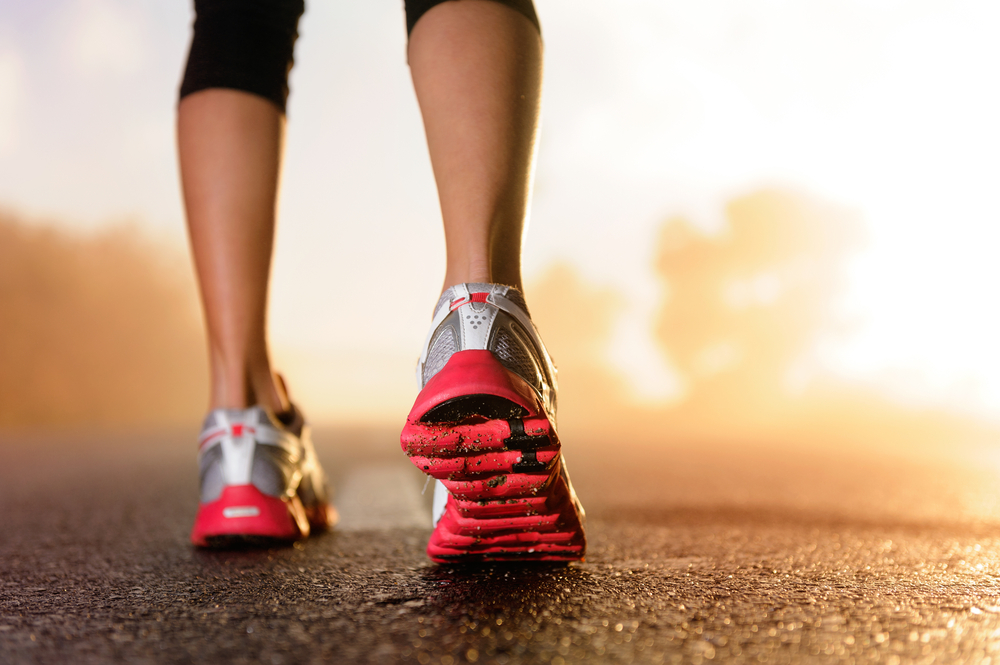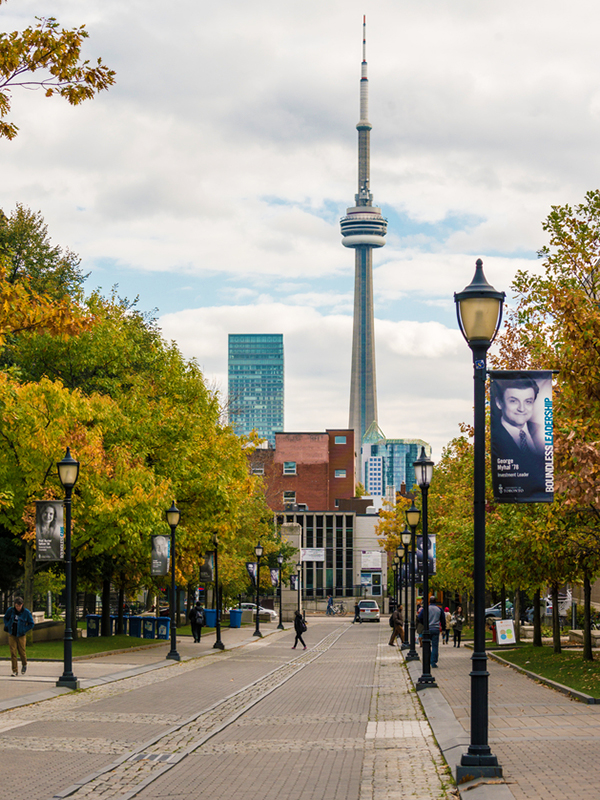This seems like a token adult move, but when I turned 29, I suddenly had a strong desire to enter a race. Years ago I’d seen older friends start running marathons, doing triathlons, some even doing ultramarathons (also known as ultras which are any distance longer than 42.195km, wtf). I kind of thought they were crazy/had nothing better to do”and then I turned 29. I started running distances I never thought I’d be able to run, biking more kilometres in one go than ever before, and generally felt pretty great about pushing myself to the next level.
I started tracking my progress on Strava and became pretty set on entering a race when I realized 10km didn’t kill me, in fact, it was a pretty fun mental and physical challenge. Was I becoming a boring adult? I didn’t really care. I started asking friends and family who were seasoned racers how to prepare for it, and it added a new level of direction to not only my fitness, but also my focus for projects at work and time management. It also prevented me from drinking every summer night on a patio”if I didn’t have a beverage at dinner, I could still run when I got home. Boring adult? Probably. Either way, here are some tips I’ve picked up while prepping for my first Olympic triathlon.
Set goals
Figure out what race you want to enter, and how much time you have to train. If you have 6 weeks, set a training schedule of what distances you’ll cover each week. Always ensure you have 1-2 rest days, as resting your body is crucial for preventing injury. If you’re training for a triathlon, rotate days between swimming, biking and running, and start practising your transition (going from swimming to biking). It’s also a good idea to practise shorter bike rides followed by runs to ensure your body is prepared for the change in motion.
Don’t just focus on distance
Quality runs, bikes and swims can be more effective than easy longer ones. Try to incorporate challenging routes into your routine”taking an extra hill will only benefit you and add to your training.
Join a group
Every runner I’ve chatted with”including ultramarathoner Natalie Taylor”have said they rarely run alone. By running with a community not only are you getting motivated by those around you, you’re making friends, comparing stats, learning tips and having another reason to get outside and train. Take a look at running clubs available in Toronto, and see what one suits your schedule best. Not from Toronto? Most Running Rooms, Lululemons and other sport stores will have their own running group, or can at least point you in the right direction of what one to join.
Do injury prevention drills”regularly
Proper recovery and injury prevention drills are just as important (if not more so) as your standard training. Women’s running has a great list to help get you started, but here’s another list of great drills I learned at a sweatworking event I attended in June, taught by Running Well’s Seanna Robinson. The latter allows you to train outside, and you can add these fun drills at the beginning or end of your run. Who knew running backwards could help prevent injury”and turn you into a better runner?
Have fun
Maybe I’m not competitive enough or maybe I’m just not crazy, but if I’m not having fun training, then is it really worth it? My original goal this summer was to complete a half marathon. But when I pushed myself and ran 14km instead of my standard 10km, I didn’t enjoy it. I went online, did some triathlon research, and decided that was a better fit for me. Races aren’t for everyone, and there’s plenty of fun events available to challenge yourself and push your fitness goals to the next level. Find something that’s a fit for you, and have fun doing it.
Happy training!












